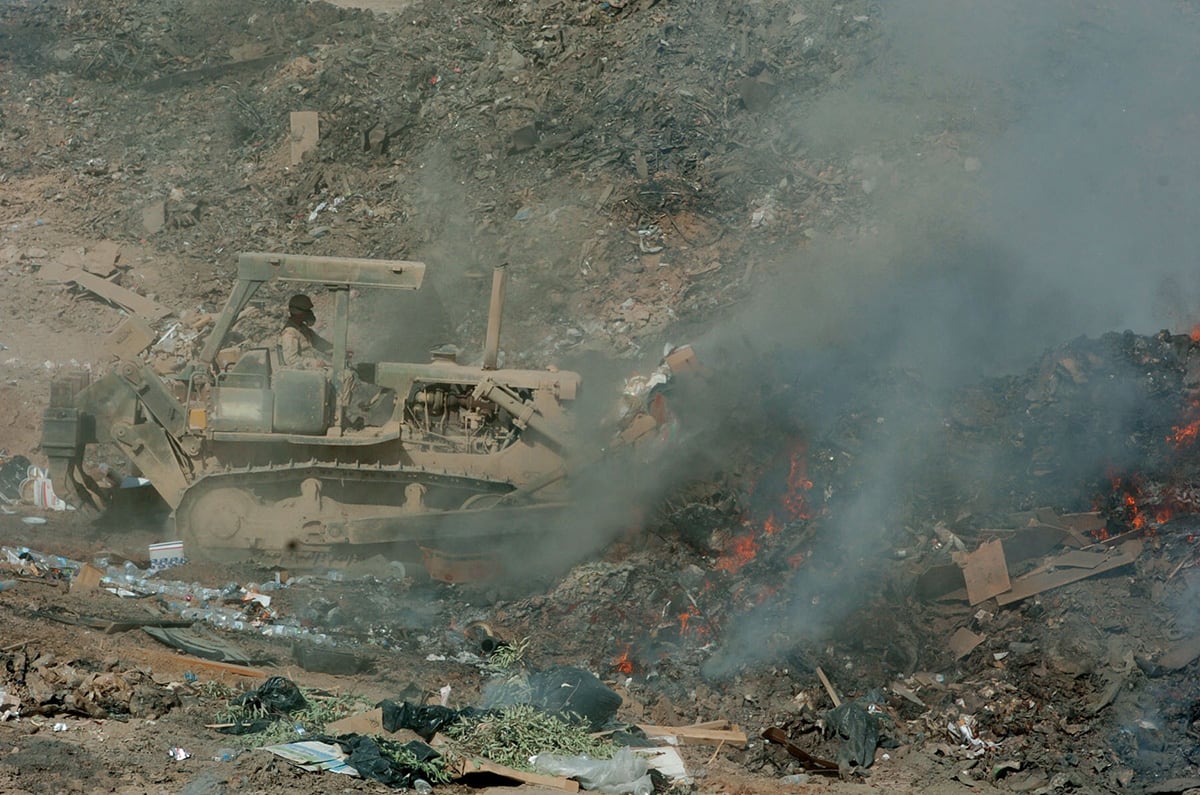WASHINGTON — A federal court ruling this week opened the possibility for veterans to file suit against the Department of Veterans Affairs as a class rather than individuals, a move that advocates say could dramatically shift how legal cases against the bureaucracy are handled.
The ruling, Monk v. Wilkie, came from the US Court of Appeals for Veterans Claims. The eight-justice panel ultimately ruled against the plaintiff’s claim that their case should proceed as a class-action suit, arguing it failed to meet previously established standards for such legal consideration.
But they did say that in “appropriate cases” in the future, class-action lawsuits would be entertained.
“This is a watershed decision, and its importance should not be diminished merely because the court declined to certify this proposed class,” Chief Judge Robert Davis wrote in the opinion. “On the contrary, the court's decision will shape our jurisprudence for years to come and, I hope, bring about positive change for our nation's veterans.”
RELATED

Fellow appeals court Judge Michael Allen said the decision “has been decades in coming and holds great promise as a means to address systemic problems in the VA system.”
In private lawsuits, individuals must prove specific harm or damage to their personal situation in order to win judgment. But in class-action lawsuits, plaintiffs can show illegal or harmful activity against a larger group, bringing with it different standards for correction.
Officials with the Veterans Legal Services Clinic at Yale Law School, which brought the suit on behalf of Vietnam veteran Conley Monk Jr., praised the decision as a historic step forward.
“(Allowing class-action suits) will allow our nation’s veterans to unite in fighting for prompt answers to their disability benefits claims,” said clinic law student Catherine McCarthy said in a statement. “The VA’s delays are intolerable, and we hope the court will exercise its class action authority to hold the agency to account.”
Whether future cases will have an easier time establishing an eligible class remains to be seen. In this case, the panel of judges rejected Monk’s claim that all veterans facing lengthy wait times for benefits appeals cases should be able to collectively sue the department to force a quicker response.
But the new legal avenue could open the possibility of groups of veterans with the same illness banding together to force VA to respond, or require policy changes based on problems a similar group has reported in navigating VA systems. Specific damages awards are not covered in the new ruling.
Leo covers Congress, Veterans Affairs and the White House for Military Times. He has covered Washington, D.C. since 2004, focusing on military personnel and veterans policies. His work has earned numerous honors, including a 2009 Polk award, a 2010 National Headliner Award, the IAVA Leadership in Journalism award and the VFW News Media award.









